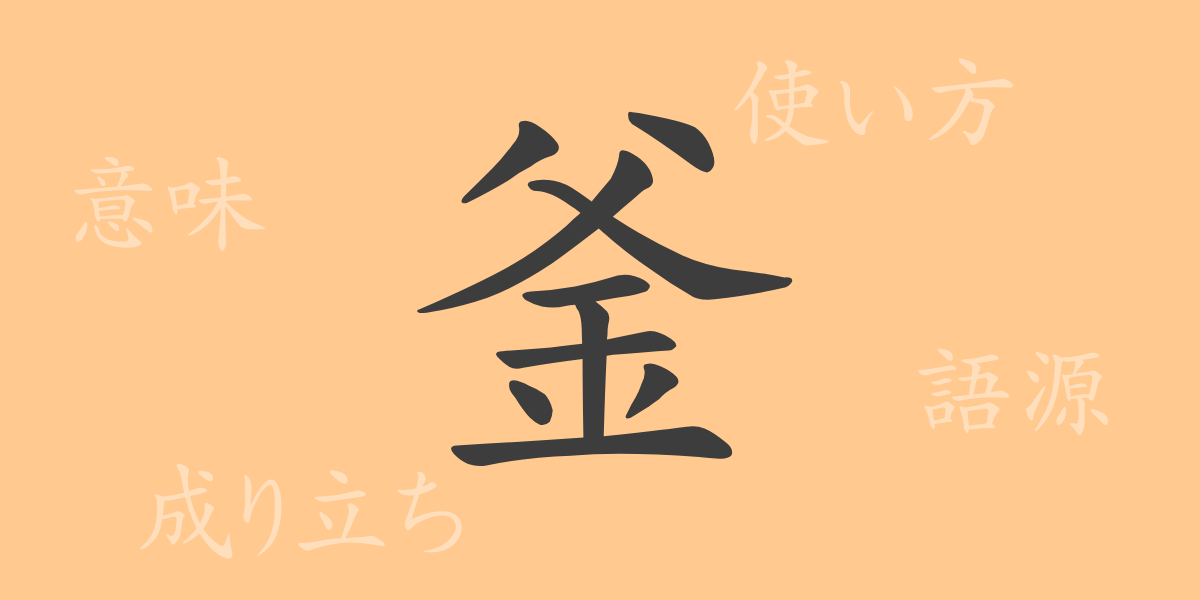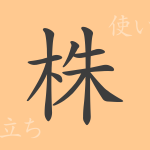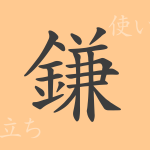Certainly! Below is the translation of the provided article, including HTML tags and with a focus on SEO for an English-speaking audience. I’ve included the readings for kanji and hiragana in parentheses as requested.
Japanese culture and language often carry deep meanings, and this is evident even in a single kanji character. The commonly used Japanese kanji “釜” (kama) signifies more than just everyday items; it appears in various idioms, proverbs, and phrases, enabling rich expressions. This article delves into the allure of “釜” (kama), exploring its origins, meanings, usages, readings, stroke count, radical, and even phrases that include the character.
The Origin (Etymology) of 釜 (Kama)
The kanji “釜” (kama) originated in ancient China as a character meaning a metal cooking utensil. Its shape represents a container with an open mouth and legs extending from it, symbolizing the tool used for boiling food—namely, a kettle or pot. Over time, this character made its way to Japan, blending into the unique culture and language.
Meanings and Usages of 釜 (Kama)
Literally, “釜” (kama) refers to a metal cooking utensil, especially a type of pot used for simmering dishes. However, it has also come to denote specialized kettles, such as “炊飯釜” (suihankama – rice cooker) and “風呂釜” (furokama – bath boiler). Metaphorically, it can refer to a place or situation where something occurs.
Readings, Stroke Count, and Radical of 釜 (Kama)
The kanji “釜” (kama) holds much information related to its simple yet prominent shape.
- Readings: The on’yomi (Sino-Japanese reading) is “ふ” (fu), while the kun’yomi (native Japanese reading) is “かま” (kama).
- Stroke Count: A total of 8 strokes.
- Radical: The metal radical (かねへん, かねがまえ – kanehen, kanegamae).
Idioms, Proverbs, and Phrases Using 釜 (Kama) and Their Meanings
Idioms and proverbs containing “釜” (kama) symbolize the richness of the Japanese language. For example, the expression “釜を掘る” (kama- wo- ho-ru) means to dig into someone’s secrets or weaknesses. The proverb “一釜の飯を食う” (hitokama- no- meshi -wo- ku-u) depicts deepening camaraderie through sharing a meal together. These phrases are often used in daily life, enriching communication among people.
Summary on 釜 (Kama)
The kanji “釜” (kama) holds diverse meanings beyond a mere cooking utensil and plays an important role in the Japanese language. Understanding its history, etymology, meaning, and usage allows us to appreciate the depth of Japanese culture and language. Idioms and phrases including “釜” (kama) are closely related to the lives and thoughts of the Japanese people, conveying traditions and values through words. Whenever you encounter “釜” (kama), remember the rich story behind it.

























